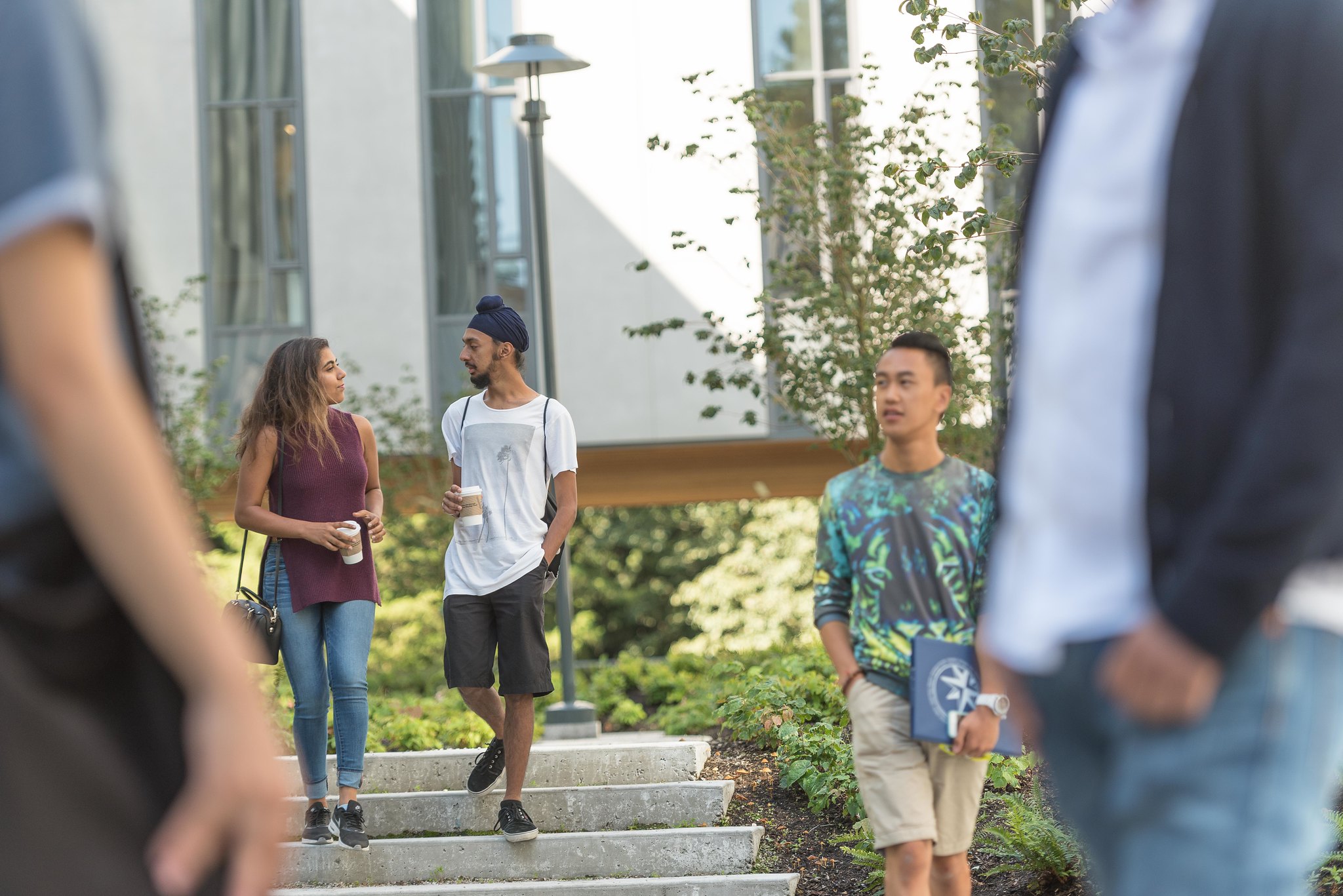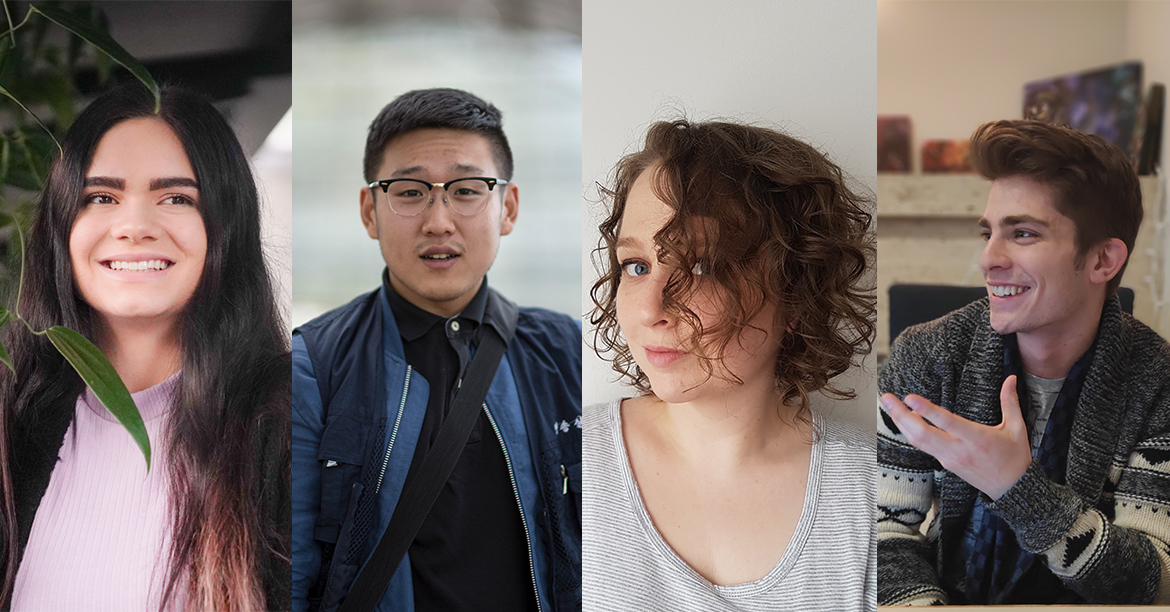

Next term, undergraduate students are leading 16 new seminars in the Faculty of Arts! Wondering how these students got to run their own seminars? The Student Directed Seminar program gives upper-year undergraduate students the opportunity to work with a faculty member to design and lead their own 3-credit seminar class with a small group of peers on a topic not currently offered at UBC.
Sounds amazing, right? Want to sign up? We catch up with four Student Directed Seminar coordinators to ask for the details and why they are excited to explore their subjects with other students.
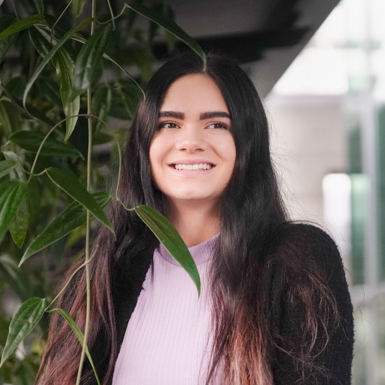

Shay Scholes (she/her/hers), fourth-year Film Production and Japanese major
Coordinating: Japanese Pink Cinema: Gender, Sexuality, and Screen Studies (ASIA 490Z 001)
In this seminar, Shay plans to use the Japanese genre of Pink Film (pinku eiga) as a medium to study the relationship between transnational cinemas, sexuality, and bodies in commercial media.
“I'm deeply interested in the doors pink film opened for directors who otherwise would not have gotten to direct (less wealthy, established, or female directors).”
Q. Why is studying Japanese Pink Cinema important?
Learning about other cultures wildly different from your own is always beneficial. The differences between societies around the world is where real connection and lessons about the human condition can be found. Just as well, studying media that deals with subjects such as sensuality, sexuality, queerness, and one’s own body has great potential to uncover a deeper understanding of ourselves and others.
Q. What interests you most about the topic?
I’m most interested in the unlikelihoods of pink film as a genre. Coming from a society where sexuality and sensuality are taboo and heavily regulated, its existence and popularity appear to contradict the outward societal norms of Japan, and yet it flourished. I’m deeply interested in the doors pink film opened for directors who otherwise would not have gotten to direct (less wealthy, established, or female directors) and how the lax rules for pink films allowed many directors to explore intensely political and feminist themes that would not have otherwise been allowed into production.
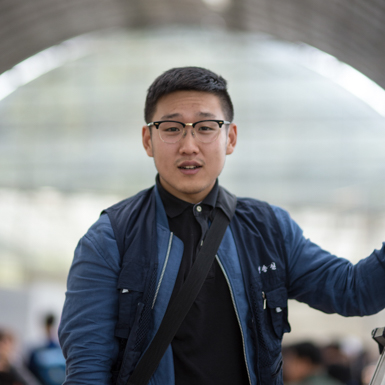

David Cho (he/him/his), fourth-year Sociology major
Coordinating: Cultural Sociology (SOCI 433D 201)
Have you ever wondered what exactly is “Canadian” culture? So has David. Join him next term as he tries to understand the differences, disparities, and inequalities in contemporary multicultural societies such as Canada, the US, and the UK.
“As a Canadian, I believe I have a duty and responsibility to try to understand what makes Canada work and to try to keep it.”
Q. Why is studying cultural sociology important?
Many, if not most, people have a hard time answering “what is Canadian culture?” This seminar observes and dissects what culture is on the fundamental functioning frame of analysis of people and society, and what behavioural patterns and values lead to better social outcomes. It looks beyond food, music, and language to investigate what morals and values make Koreans Korean, Germans German, or Canadians indeed Canadian?
Q. What interests you most about the topic?
I think in general people do not know what culture is and how it orientates people in all levels of analyses. Most of us think of food, music, language, clothes, and things of more concrete manifestations when we think of “culture.” But culture influences, and sometimes dictates, not only our behavioural output but our perception and emotions. It’s something I like to call a moral map; given that we’re in this complex world, it’s a schema that works with you, or sometimes against, to determine the decisions you, a highly complex creature, make.
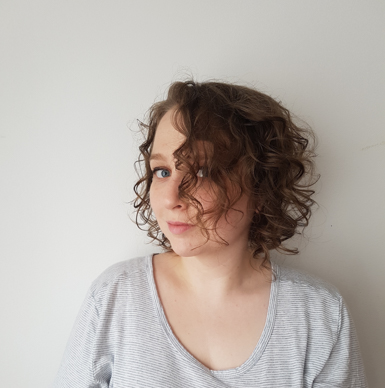

Terri Anderson (she/her/hers), fourth-year Gender Race & Social Justice and Creative Writing major
Coordinating: Social Horror Writing as Resistance (ASTU 400C 001)
In this course, Terri aims to examine how the medium of social horror can provide a space for marginalized authors to explore identity, empowerment, and resistance.
“Social horror is awesome because it centers contemporary BIPOC, queer, trans, and disabled authors who are effecting change through their writing.”
Q. What interests you most about Social Horror Writing as Resistance?
Social horror is awesome because it centres contemporary BIPOC, queer, trans, and disabled authors who are effecting change through their writing. It’s looking at a literary future using one of the most visceral and engaging genres imaginable.
Q. Why should Arts students take this seminar?
I think the course is interesting because while it’s interdisciplinary, it highlights writing as the next step in our reading, our research, or our activism. So whatever your personal practice is, there’s a takeaway. Plus, the world is horrific in a lot of ways right now, so it’s very cathartic.
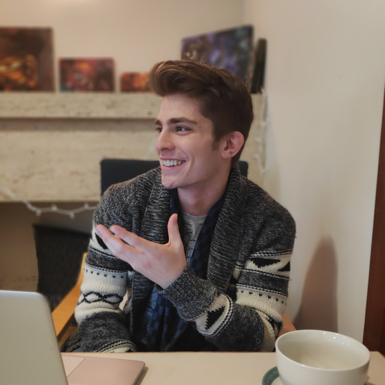

Jackson Duckworth (he/him/his), fourth-year Philosophy Honours
Coordinating: Philosophical Inquiry in the Islamic World (PHIL 487 001)
In Phil 487, Jackson and his peers will analyze some of the most prominent medieval and modern Islamic philosophers, including the likes of Ibn Sina (Latinized: Avicenna), al-Ghazali, and Ibn Rushd (Averroes).
“This is an exciting opportunity to explore philosophical and critical inquiry outside of the Western-centric dialogue.”
Q. What intrigues you most about the topic of your seminar?
I am most interested in exploring the unique relationship philosophers in the Islamic world shared with Islam and theology in general. There was a rigorous engagement with conceptualizations of god and reason from these philosophers that is rare to find in modern or western philosophy and, as such, it will provide a different lens of analysis than what we are familiar with in the western philosophical tradition.
Q. Why should Arts students be interested in the student directed seminar format?
Since this discussion-based course is created and run by its students, the material is flexible enough to allow for independent pursuits. Students will have the ability to integrate their own interests into their research – for example, feminism, political theory, and beyond.
Learn how you can coordinate your own student directed seminar.


